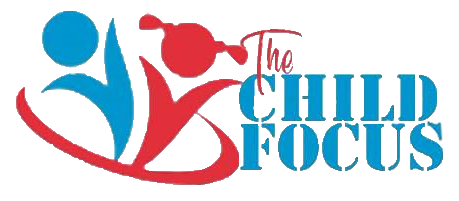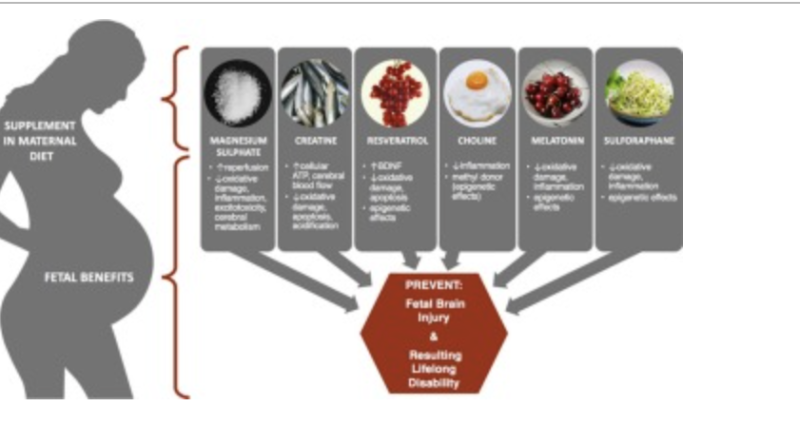Some risk factors for giving birth to a child with disabilities
Marie Anne Dushimimana
A disability may be explained as an impairment that may be cognitive, developmental, intellectual, mental, physical, sensory, or some combination of these.
It substantially affects a person’s life activities and may be present from birth or occur during a person’s lifetime.
Medics and experts say some risk factors of birth disabilities can be avoided, especially when the mother is pregnant.
Traditional medicines
Dr Jean Baptiste Sagahutu, a lecturer at the University of Rwanda in the College of Medicine with a major in disabilities, said that ignorance and poverty most of the time go together, and they are the big factors contributing to disabilities.
It is possible to give birth to many children with disabilities, not only from genetic problems, but also from some improper living conditions, he said.
Dr Sagahutu said if a pregnant woman doesn’t have the means to go to the hospital in case of any health problem, of just for routine check ups, they usually take traditional herbs which most of the times don’t know the right dose to take, or the risks they may have on them, even on the babies they carry.
“Even all modern medicines are not allowed for pregnant women. Some may be replaced by others, or even reduce the dose in order not to create harm to the baby,” he said.
Every pregnant woman has to take drugs that have been prescribed by a gynecologist because there is a long list of medications that can have negative impacts on the fetus, he said.
Some drugs to avoid if not prescribed by a gynecologist may include painkillers like aspirin, acetaminophen, and ibuprofen, antihistamines, nasal decongestants, antifungal medication, acne medications, antibiotics, especially tetracycline and Streptomycin, and tranquilizers, among others.
Fortunately, the situation is improving compared to the last years when the Rwandan society knew nothing about disabilities, he said.
“For now, pregnant women have medical insurance, and they can go to the hospitals for antenatal follow-ups. It reduced the number of children born with disabilities considerably,” he said.
Thanks to the community-based insurance, the number of women giving birth in hospitals and the number of children who delay getting out and their brains get shocked has been lowered considerably.
The researchers showed that more disabilities are acquired after birth from accidents and some diseases like measles and meningitis, he said.
Antenatal visits at least four times
This expert said a pregnant woman has to do four antenatal visits in order to ensure a complete follow-up on the life of her child and her own. When a pregnant woman has high blood pressure, it may even result in the death of the baby.
Besides, there is also malaria, which is very bad for the health of the baby and the mother, and it may cause a sudden abortion or premature delivery, which is very risky to the health of the baby, she said.
Some foods to avoid
According to Dr Pamplona Roger in his book “Guide d’Alimentation pour les mères, les enfants et les adolescents, pregnant women have to give down some sort of foods, because they may increase the risks of malformation to the fetus.
Dr Sagahutu said that when a child is born with disabilities and is not helped at a very tender age, the severity of his disabilities increases.
Giving him/her a stigma doesn’t allow them to express themselves with people outside, and the disabilities increase more, he said

